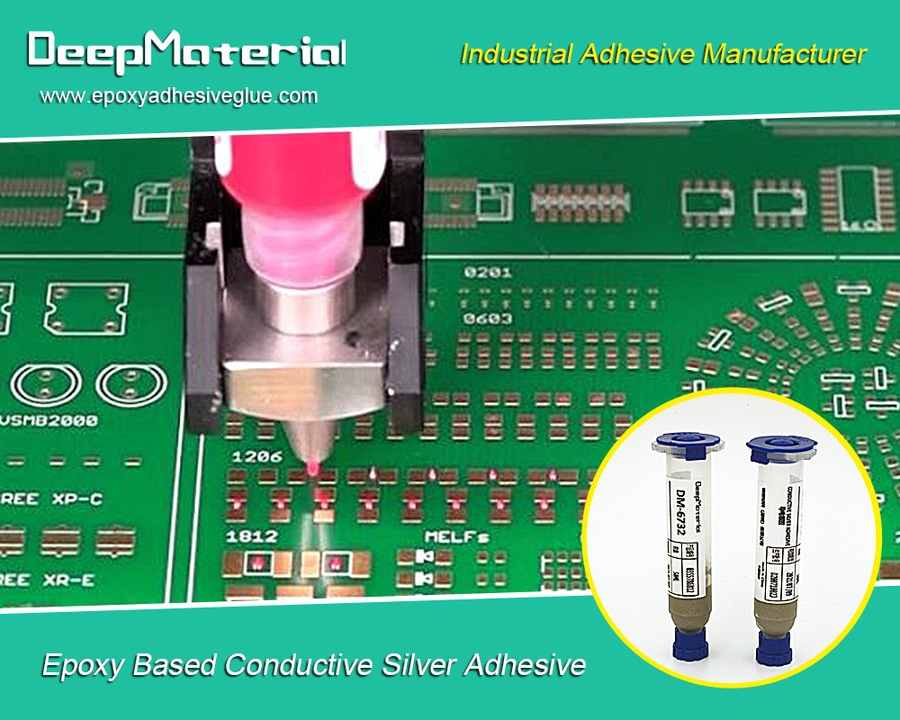
#Industry News
Where Can You Buy Conformal Coating For Electronics PCB Circuit Board ?
Best Conformal Coating For Electronics PCB Circuit Board Adhesive Glue Manufacturer
Where can you buy conformal coating? This is something that many of you might have been wondering about. In this article, we will go over the various places where you can purchase conformal coating and compare them to choose the best option for your needs.
What is Conformal Coating?
Conformal coating is a material applied to the surface of an electronic device to protect it from the environment. The coating is typically made of a polymer, such as polyurethane or silicone, and is applied in a thin layer. Conformal coating can protect against dust, moisture, and other contaminants that could damage the electronic device.
Conformal coating is typically applied to printed circuit boards (PCBs) and other electronic devices exposed to harsh environments. The coating can help prevent corrosion and different types of damage that could occur due to environmental exposure. Conformal coating can also provide electrical insulation and can help to reduce electromagnetic interference (EMI).
What Does Conformal Coating Do?
Conformal coating is a material applied to the surface of an electronic device to protect it from the environment. The coating material must conform to the shape of the device, and it must be able to withstand the temperatures and chemicals that are present in the environment. Conformal coating is typically applied to printed circuit boards (PCBs) to protect them from moisture, dust, and other contaminants.
There are several different types of conformal coatings, each with advantages and disadvantages. The most common type of conformal coating is perylene, a transparent, thin film that can be applied to PCBs to protect them from the environment. Parylene is typically applied in a vacuum chamber and cured using ultraviolet light. Parylene is an excellent conformal coating material because it is very thin and has a low dielectric constant, which means that it does not interfere with the electrical signals on the PCB. Parylene is also very resistant to chemicals and moisture and can withstand temperatures up to 200 degrees Celsius.
Another type of conformal coating is polyimide, a dark-coloured film applied to PCBs to protect them from the environment. Polyimide is typically applied in a dry room and cured using heat. Polyimide has a higher dielectric constant than perylene, which can interfere with the electrical signals on the PCB. However, polyimide is much more resistant to chemicals and moisture than perylene and can withstand temperatures up to 300 degrees Celsius.
Why Use Conformal Coating?
There are many benefits of using conformal coating in electronic circuits and devices. This coating can protect against moisture, dust, chemicals, and other contaminants. It can also improve the reliability of circuit boards and other electronic components by preventing corrosion and providing a physical barrier against shorts and electrical leakage.
Conformal coating can also improve the thermal stability of circuit boards and other electronic components by providing a better heat sink. This type of coating can also reduce electromagnetic interference (EMI) and protect against static discharge.
What Types of Conformal Coatings Are Available?
There are many different types of conformal coatings available on the market today. The most common styles include acrylic, polyurethane, silicone, and perylene. Each type of conformal coating has its unique advantages and disadvantages.
Acrylic conformal coatings are the most commonly used type of conformal coating. They are typically clear or milky white. Acrylic conformal coatings have good adhesion properties and can be applied to circuit boards and other electronic components using various methods, including spraying, dipping or brushing.
Polyurethane conformal coatings are also clear or milky white. They have good adhesion properties and can be applied using various methods. Polyurethane conformal coatings are typically more flexible than acrylic conformal coatings and can resist temperatures up to 200 degrees Celsius.
Where to Buy Conformal Coating
There are many places where you can buy conformal coating. You can find it online, in hardware stores, and in some electronics stores.
When buying conformal coating, you must ensure you get the right type for your project. There are many different types of conformal coatings, so you must be sure to get the best suited for your needs.
If you are unsure which type of conformal coating to get, you can always ask for help from a professional. They will be able to help you choose the right kind of coating for your project.
Once you have the correct type of conformal coating, you will need to apply it to your project. You can do this yourself or hire someone to do it for you.
If you decide to apply the conformal coating yourself, you will need to follow the instructions that come with the product. If you need help with how to use the conformal coating, you can always ask for help from a professional.
Once you have applied the conformal coating, you will need to wait for it to dry. This can take a few hours or a few days, depending on the type of conformal coating that you use.
Once the conformal coating has dried, you will need to test it. You can try it on paper and hold it to the light. If there are any bubbles or other defects, you will need to fix them before using the conformal coating on your project.
Conclusion
You can buy conformal coating in a few places, but the best place to get it is from an online retailer. This is because they will often have the best prices and selection. You can also find conformal coating at some hardware stores, but the prices will likely be higher. Overall, buying conformal coating online is the best option for most people.
For more about where can you buy conformal coating for electronics pcb circuit board,you can pay a visit to DeepMaterial at https://www.epoxyadhesiveglue.com/what-is-silicone-conformal-coating-for-electronics-pcb-circuit-board-protection/ for more info.





